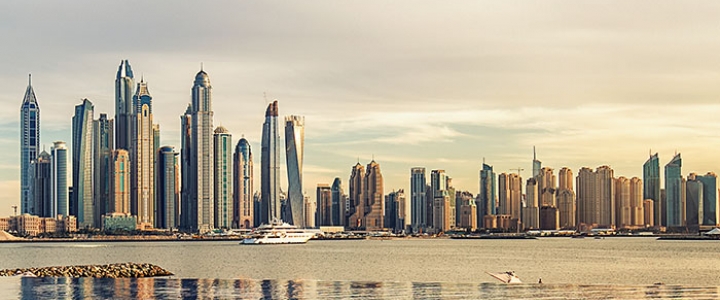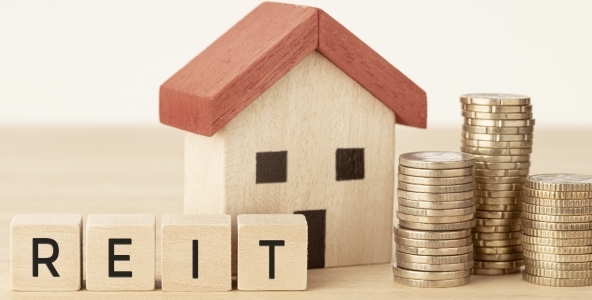Are you considering investing in Dubai? Are you an expat looking for the best terms for your financial investments? If so, then this blog post is for you! We’ll discuss the different types of investment opportunities available to foreigners in Dubai, along with the necessary requirements and paperwork needed.
Overview of Foreign Investment in Dubai
Dubai is a destination for many foreign investors looking for attractive opportunities to create wealth. Its strategic location, openness to international trade, and attractive incentives for foreign investors make it an attractive destination for international investors. The Dubai Government encourages and promotes foreign direct investments (FDI) in the emirate. The Department of Economic Development (DED) is the lead governmental agency responsible for regulating foreign investment in Dubai. It is important to understand the terms of foreign investment in Dubai if you are considering investing in the emirate. Expats can also get UAE’s Golden Visa once they buy a property in Dubai.
Eligibility Criteria for Non-Resident Investors
As a non-resident investor in Dubai, there are certain criteria that you must meet in order to be eligible for the 5-year visa. The visa is available for investors who have a property of a gross value of not less than AED 5 million, or entrepreneurs with an existing project with the same value. Foreign nationals who want to start a business in Dubai or invest in an existing project can also benefit from this type of visa. Furthermore, individuals must demonstrate that the project has substantial capital and tangible assets and show evidence of financial resources to ensure its successful completion.
Designated Areas for Foreigners Buying Property in Dubai
In Dubai, foreign ownership is permitted in areas designated as freehold. This means that non-citizens and expats can buy freehold properties in Dubai, in the freehold area designated by the DLD (Dubai Land Department). Foreigners who wish to purchase residential properties in the UAE must ensure that the property is located in one of these freehold or leasehold areas. Furthermore, before making any investments, it is important to understand the regulations governing foreign investments in Dubai and to seek advice from qualified professionals.
Foreign Ownership Activities Permitted in Dubai
Dubai is a hub of foreign investment, with many opportunities available to non-resident investors. According to the Federal Decree Law No. 24 of 2021, foreign investors are now permitted to own up to 100% of the total shareholding in any company in the UAE. This law has enabled 59 investors in Dubai to benefit from the decision so far, and is continuing to attract more foreign investment into the country. The new law also permits full ownership for foreign investors in designated areas of Dubai. This means that foreigners can now enjoy full ownership benefits of business establishments in the emirate.
Types of Investment Options for Expats and Non-Residents
Expats and non-residents have a variety of investment options in the UAE, ranging from equity funds, value & growth funds, fixed income funds, and gold funds. Local mutual funds invest in local securities such as stocks and bonds, while international funds are ideal for diversifying investments outside of the UAE. Additionally, foreign investors can buy property, start businesses, and participate in the stock exchange. To understand these options better and reap the maximum benefits from them, it is important to seek professional advice.
Benefits of Investing in Dubai for Foreigners
Investing in Dubai offers numerous benefits to both expats and non-resident investors, such as the lack of taxes and the availability of numerous business opportunities. For those looking to invest in property, buyers are free from taxes when buying house investments because the emirate has no yearly property tax, income tax, or capital gains tax. Additionally, there are investment options that are suitable for almost any risk profile: from trading stocks to buying real estate, private pension schemes, and more. Furthermore, thanks to the latest updates to the UAE’s FDI Law, this is an excellent time to invest in Dubai-based businesses.
Tax Implications for Foreign Investors
When it comes to tax implications for foreign investors in Dubai, it is important to note that there is no capital gains tax or income tax on foreign investors. However, since 2019, foreign nationals have been required to pay 5% for all premises other than residential villas, and 7.5% for residential villas, calculated on their rental value. Additionally, foreign banks operate in the Emirate of Dubai without local equity participation pursuant to special arrangements with the government.
The Investment Process in Dubai
The investment process in Dubai is not overly complicated, but it is important to understand the various steps and requirements that must be followed. The investor visa is one of the most important aspects when considering a foreign investment in Dubai, as it allows non-residents to legally reside in the UAE. There are three types of visas available, depending on the length of time the investor wishes to stay in Dubai: the 3-year, 5-year and 10-year Investor Visa. Each visa has its own set of eligibility criteria and fees. In most cases, processing an investor visa takes around 15-20 working days. After obtaining the visa, investors must then register their business with the relevant authorities and complete any other necessary paperwork before being able to conduct business in Dubai.
Seek Professional Advice Before Investing
Given the complexity of the investment process in Dubai, it is highly advisable to seek professional advice before investing. A professional advisor can help you understand all the rules and regulations, assess your financial goals and develop an appropriate investment plan. They can also provide you with guidance on the best ways to invest in Dubai for foreigners, including which companies and sectors to invest in, what type of investments to make, and how to diversify your portfolio. Professional advisors can also help you find the right tax and legal structures for your investments, as well as guide you through the paperwork involved in setting up a business in Dubai.




